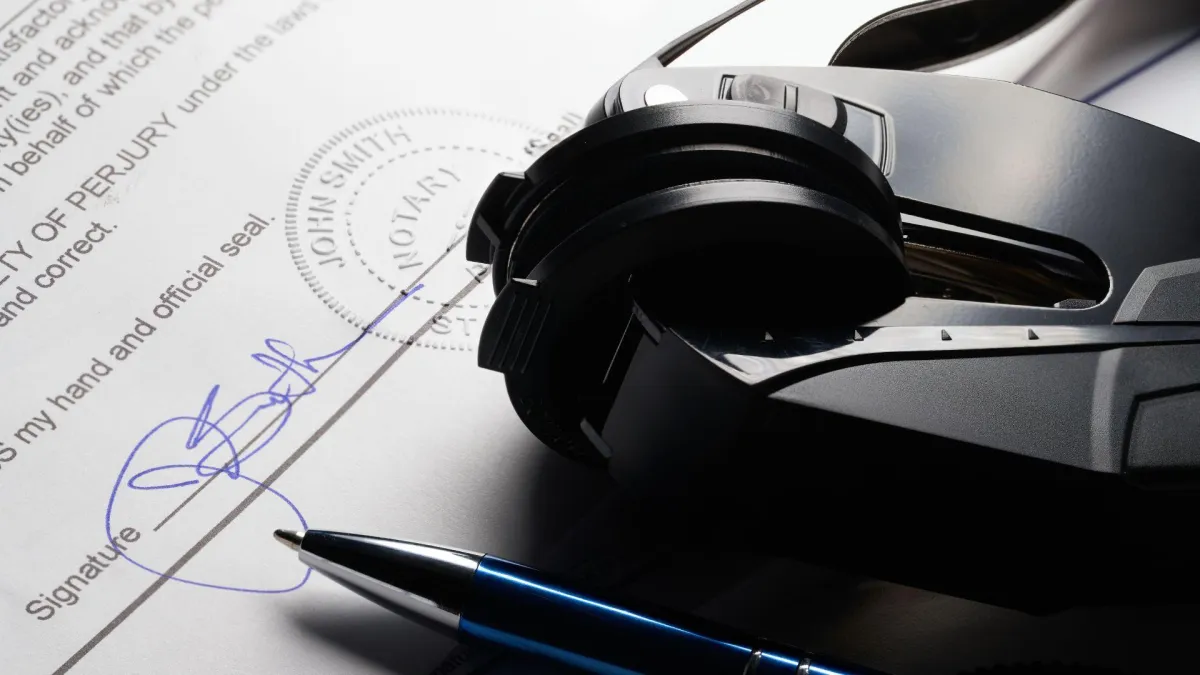AVAILABLE 24/7
(507) 222-9194
Hello@OneSourceForYou.com
Solicite Asistencia Personalizada
Pruebas de Drogas en el Trabajo
Formación de Empresas
Servicios de Apostillado
Toma de Huellas
Notary Public
Qué Hay de Nuevo
Our Areas of Service
24/7 Business Support Services

Workplace Drug Testing
Ensure a safe and productive work environment with our reliable testing services.

Business Formation
Starting your business is more than filing paperwork. We focus on your specific goals.

Apostille Services
Get your documents certified for international use quickly and efficiently.
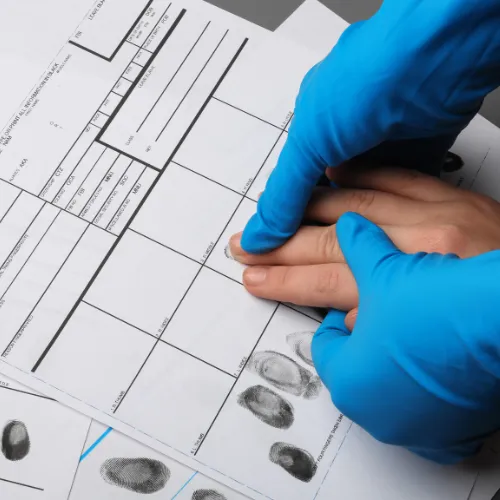
Fingerprinting
Benefit from our precise ink fingerprinting services for all your background check needs.
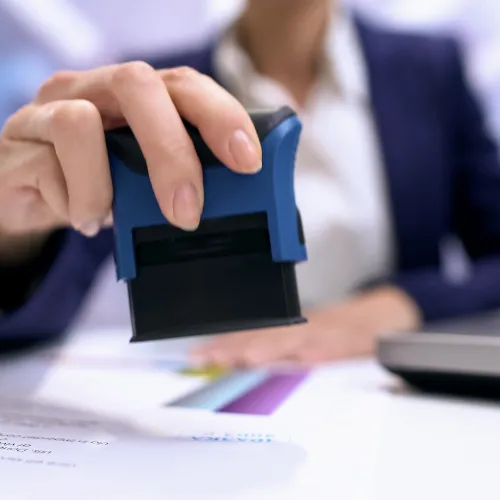
Notary Public
Secure notarization for your important documents with our trusted public notaries.
Focus On Your Vision
wE'LL HELP WITH YOUR MISSION
Our dedicated team is committed to providing comprehensive assistance, from ensuring regulatory compliance to simplifying document management.
Our range of services is customized to meet your specific needs. Whether it's assisting you with workplace drug testing, streamlined notary and apostille services, or seamless business formation support.
We handle the intricacies so you can stay focused on your path to success.

Easily Understand Where You Are & Get Clarity of Where You Want To Take Your Business

Bundle Services: Save Money, Streamline Operations, Simplify Management

Focus On Growth With Our Comprehensive Support
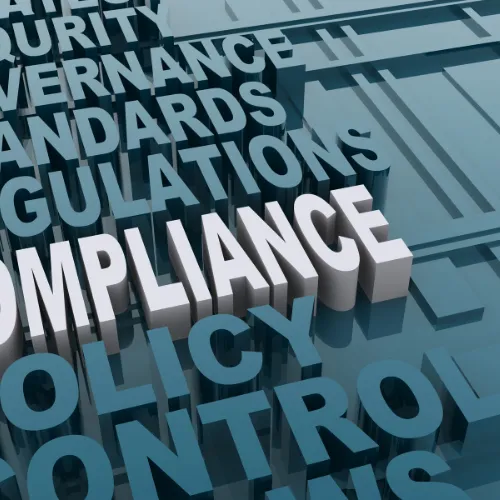
Testimonials


WANT OUR FREE GUIDE?
Just Click The Button Below
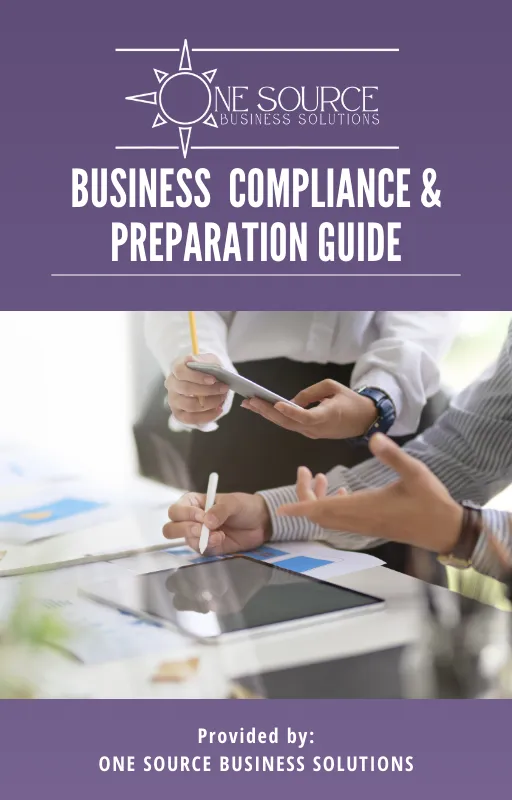

Contact Us
AVAILABLE 24/7
(507) 222-9194
Hello@OneSourceForYou.com
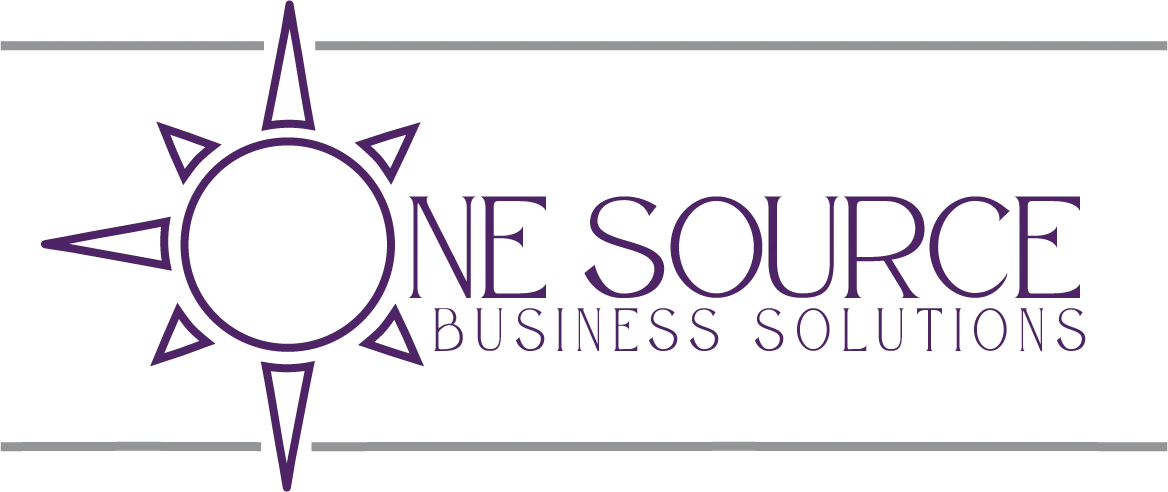
© Copyright 2024. One Source Business Solutions.
All rights reserved.
2022 All Rights Reserved.
